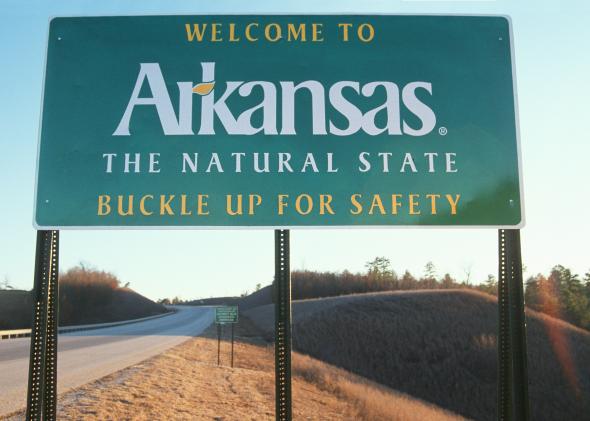Even Red States Love a Higher Minimum Wage

American Spirit/Shutterstock
It probably feels like a minor consolation prize for liberals, but in the the midst of yesterday's Democratic drubbing, four states—Arkansas, Nebraska, South Dakota, and Alaska— approved ballot measures increasing the minimum wage. Meanwhile, San Francisco moved its wage floor all the way to $15 an hour, while Oakland raised its own to $12.25.
Regardless of the country's political mood, the minimum wage is an incredibly popular policy that wins at the polls, even in red states. And, given that Democrats probably won't be passing any significant legislation through Capitol Hill any time soon—even if they keep the presidency in 2016, who knows when they'll reclaim the House or Senate?—pushing more voter initiatives to raise state minimums, or indexing them so that they rise with the cost of living, seems like it should fall high on their list of policy priorities. It's concrete and doable.
And by any reasonable standard, very few states have a sufficiently high minimum at the moment. As I wrote yesterday, it's hard to pick a single ideal wage floor. But some economists argue that setting it around half the median hourly wage for full-time workers is a good place to start, because it falls in line with international and historical standards. After last night's vote, Arkansas, South Dakota, and Nebraska should hit that mark. So will Hawaii and Vermont, thanks to previous minimum hikes. But that's it. Moreover, only 14 states are set to automatically increase their minimums to account for inflation. In other words, there's plenty of room for progress on this front. And we can make lots of it, even without liberals in Congress.
